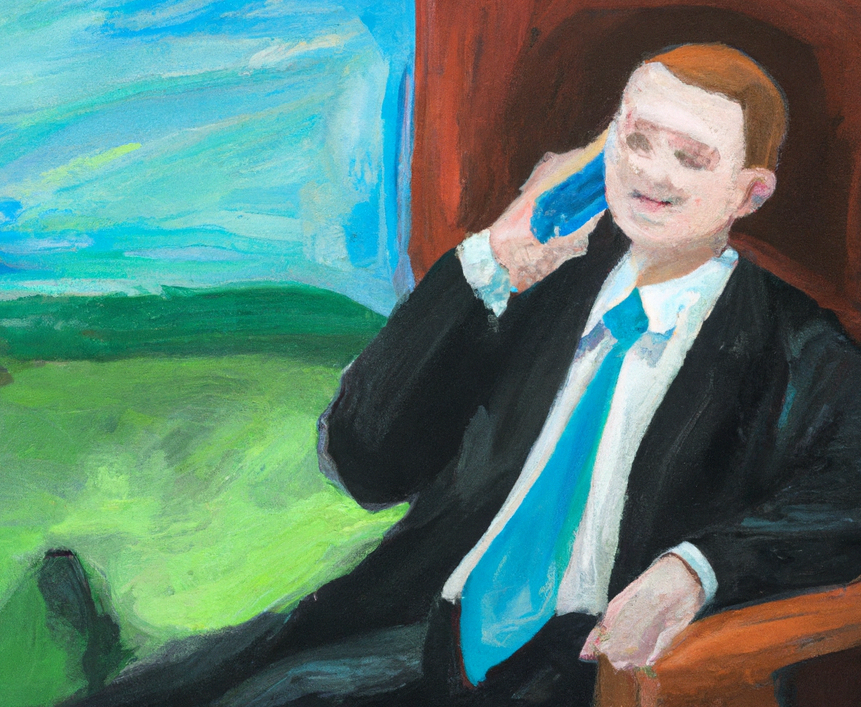Self-care and sustainability are crucial for effective leadership. In order to be at your best, you must engage in a consistent practice of self-care. This means keeping yourself physically and emotionally strong so that you not only avoid burnout but can actually perform at your peak level. There are several key practices that can help with this.
First, exercise is an important tool for managing emotions, improving mood, and increasing physical strength and endurance. According to a review of the literature on the topic, regular physical activity has been shown to reduce symptoms of anxiety and depression (Buckworth & Dishman, 2002). Exercise has also been found to increase the production of endorphins, which are neurotransmitters that can improve mood and reduce feelings of pain (Crum, Alia J. et. al., 2007). Additionally, regular exercise has been linked to increased physical strength and endurance, which can help the body better handle stress and resist illness (Haskell et al., 2007). Even just 20 minutes a day can make a big difference.
Second, nutrition is essential for maintaining a strong immune system and promoting the biochemical processes in the brain that are necessary for good thinking. A diet rich in fruits, vegetables, and other whole foods has been linked to a stronger immune system (Gleeson, 2007). In addition, certain nutrients, such as omega-3 fatty acids, have been shown to be important for brain health and cognitive function (Conklin et. al., 2007).
Third, meditative activities, such as watching your breath or playing music, can be very helpful for stress reduction, gaining clarity and inspiration, and coming up with good ideas. A review of the literature on meditation found that it can reduce stress and improve overall well-being (Chiesa & Serretti, 2009). In addition, research has shown that mindfulness meditation, in particular, can increase clarity and insight (Jha, Krompinger, & Baime, 2007). Finally, a study on the "incubation period" (the time between initial exposure to a problem and coming up with a solution) found that engaging in meditative activities can increase the likelihood of coming up with a creative solution (Dijksterhuis, Meurs, & Van Knippenberg, 2006). It's best to engage in these activities at least two to three times a week, if not daily.
Fourth, sleep is vital for good leadership skills. Research has shown that sleep deprivation can negatively impact cognitive function, including memory, attention, and decision-making (Dinges & Kribbs, 1991). Make sure to get enough sleep each night, and create a bedroom environment that is conducive to rest. This may include reducing the use of screens and media before bedtime, keeping the room at a cool temperature, and using a comfortable mattress and pillows.
Finally, play and having fun are important for increasing creativity, reducing stress, and increasing happiness. Studies have found that engaging in leisure activities can improve mood and reduce stress (McKnight et. al., 2009). In addition, research has shown that play can increase creativity and problem-solving abilities (Stokes, 2005). Make sure to set aside time for leisure and enjoyment in your life.
Overall, practicing self-care and sustainability is crucial for effective leadership. By incorporating exercise, nutrition, meditative activities, sleep, and play into your life, you can keep yourself strong and capable of meeting the challenges of leadership.
References:
Buckworth, J., & Dishman, R. K. (2002). Exercise psychology. Champaign, IL: Human Kinetics.Crum, Alia J., and Ellen J. Langer. 2007. Mind-Set Matters: Exercise and the Placebo Effect. Psychological Science 18(2): 165-171.
Haskell, W. L., Lee, I. M., Pate, R. R., Powell, K. E., Blair, S. N., Franklin, B. A., ... & Bauman, A. (2007). Physical activity and public health: updated recommendation for adults from the American College of Sports Medicine and the American Heart Association. Circulation, 116(9), 1081.
Gleeson, M. (2007). Immune function in sport and exercise. Journal of applied physiology, 103(2), 693-699..
Heather M. Conklin, Monica Luciana, Catalina J. Hooper & Rebecca S. Yarger (2007) Working Memory Performance in Typically Developing Children and Adolescents: Behavioral Evidence of Protracted Frontal Lobe Development, Developmental Neuropsychology, 31:1, 103-128.
Chiesa A, Serretti A. A systematic review of neurobiological and clinical features of mindfulness meditations. Psychol Med. 2010 Aug;40(8):1239-52.
Jha AP, Krompinger J, Baime MJ. Mindfulness training modifies subsystems of attention. Cogn Affect Behav Neurosci. 2007 Jun;7(2):109-19.
Dijksterhuis, A., & Nordgren, L. F. (2006). A theory of unconscious thought. Perspectives on Psychological science, 1(2), 95-109.
Dinges, D. F., & Kribbs, N. B. (1991). Performing while sleepy: effects of experimentally-induced sleepiness.
McKnight, P. E., & Kashdan, T. B. (2009). Purpose in Life as a System that Creates and Sustains Health and Well-Being: An Integrative, Testable Theory. Review of General Psychology, 13(3), 242-251.
Stokes, P. D. (2005). Creativity from constraints: The psychology of breakthrough. Springer Publishing Company.
